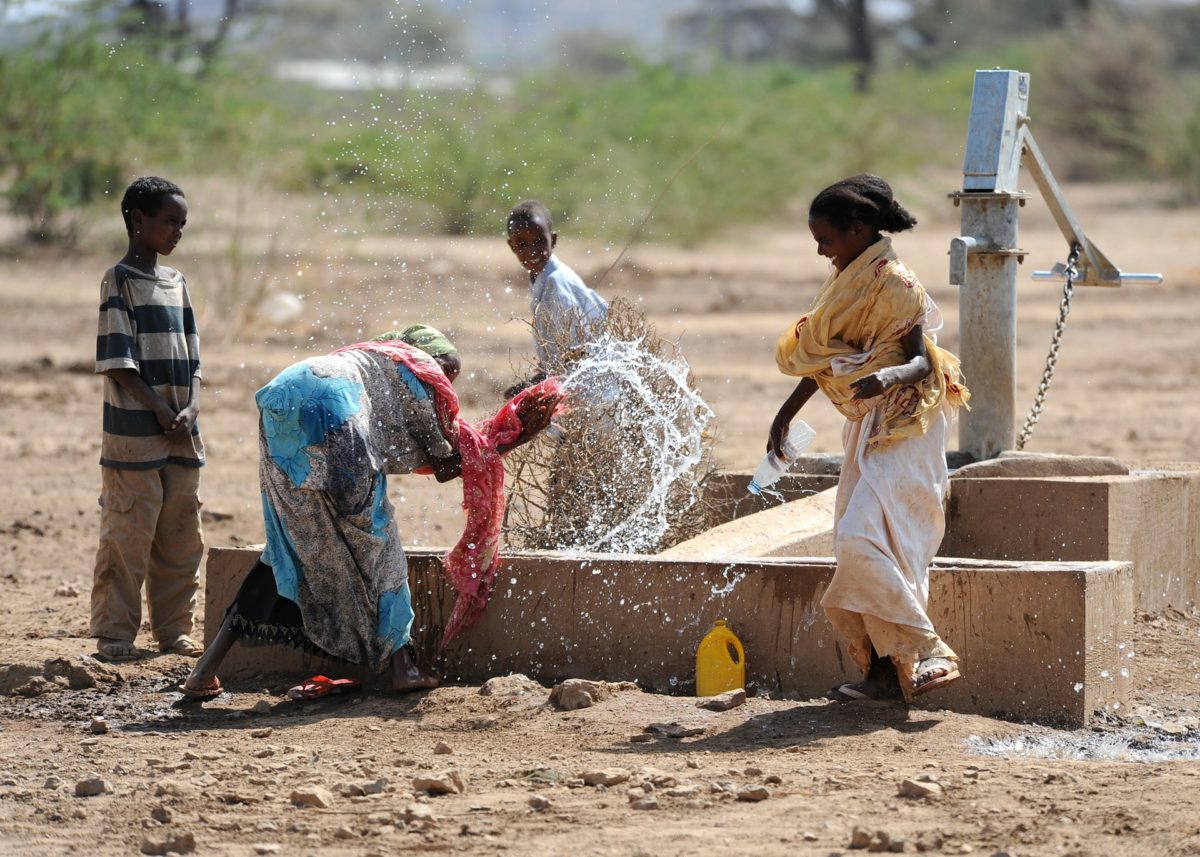Ethiopia’s state-owned utility the Ethiopian Electric Utility (EEU) has issued an invitation for bids to seek developers to deploy solar mini-grids in 25 villages, with the projects financed by the African Development Bank.
Each village will receive a solar plant, back-up diesel generator and battery storage as well as operation and maintenance services for the first three months.
Bids must be submitted by November 11.
Tariffs for mini-grids
The tender will test efforts by the Ethiopian government to spur the development of mini-grids and access to electricity in rural communities. The authorities have been working since the summer on a methodology to calculate mini grid electricity tariffs.
Hizkyas Dufera, senior adviser to Ethiopia’s Ministry of Water, Irrigation and Energy has said private investors could apply any government-produced tariff methodology to their own projects.
Popular content
The village projects will be developed under the Ethiopia Electrification Program, launched in March 2018 and backed by a $375 million World Bank loan. “The country still has the second largest energy access deficit in sub-Saharan Africa, after Nigeria, and the third in the world,” the bank said at the time. “Seventy per cent of the population still lives in the dark and only 24% of primary schools and 30% of health centers have access to electricity services.”
Increasing access to electricity
The electrification program will require an estimated $1.5 billion over its first five years. Through the program, implemented by the energy ministry and the EEU, the World Bank hopes to provide electricity to all Ethiopians by 2025.
With energy demand expected to grow by around 10% annually and an estimated population of around 110 million, landlocked Ethiopia has power generation capacity of around 4.5 GW at present, most of it hydropower. The government intends to install more large hydro as well as renewables as it chases the unlikely target of hitting 17.3 GW of capacity by next year.
Ethiopia is supporting large scale solar by holding two rounds of the World Bank’s Scaling Solar program to procure 750 MW of PV generation capacity.
This content is protected by copyright and may not be reused. If you want to cooperate with us and would like to reuse some of our content, please contact: editors@pv-magazine.com.



3 comments
By submitting this form you agree to pv magazine using your data for the purposes of publishing your comment.
Your personal data will only be disclosed or otherwise transmitted to third parties for the purposes of spam filtering or if this is necessary for technical maintenance of the website. Any other transfer to third parties will not take place unless this is justified on the basis of applicable data protection regulations or if pv magazine is legally obliged to do so.
You may revoke this consent at any time with effect for the future, in which case your personal data will be deleted immediately. Otherwise, your data will be deleted if pv magazine has processed your request or the purpose of data storage is fulfilled.
Further information on data privacy can be found in our Data Protection Policy.